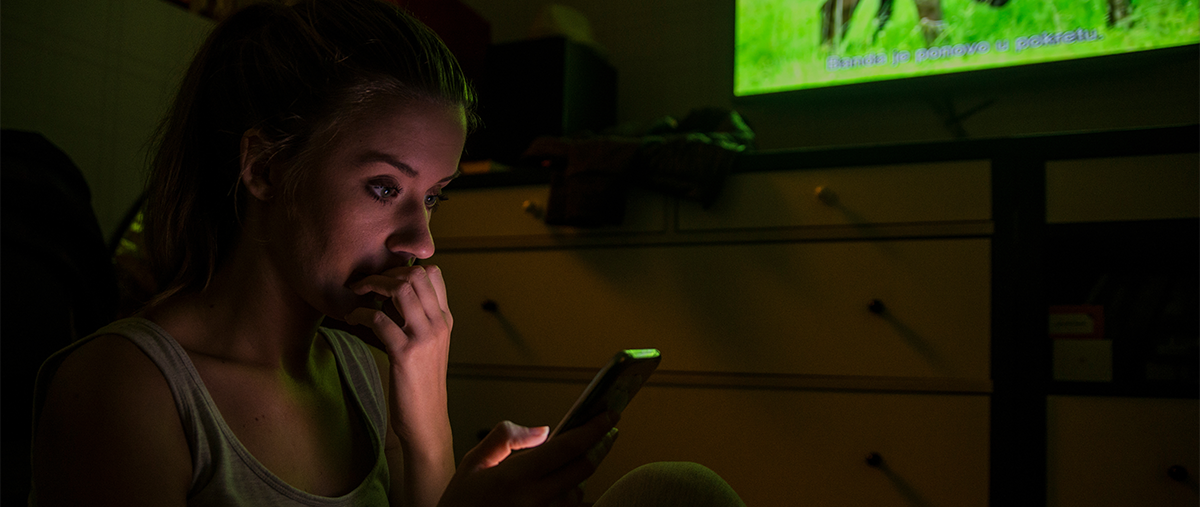Penna Dexter
During the Q & A session at a recent seminar an audience member, a mother of four accomplished girls, wondered: “How do we help our teenaged children have good friendships?’ Coming from her, the question seemed odd. But the speaker, Coleman Ford, who teaches at Southwestern Theological Seminary, shares that concern. He pulled a phone out of his pocket and said, “The problem is this.” The mother nodded.
Dr. Ford is writing a book he’s calling: Augustine and His Friends. Augustine wrote extensively of his friendships and friendship in general. Dr. Ford told us that, as a friend, Augustine literally ‘took you to himself.’ Augustine didn’t have a smartphone or social media.
In her New York Times column, Tish Harrison Warren writes of a “Loneliness Crisis,” She says, “as the digital world captures more of our imagination and time, the material world recedes and becomes less real to us.” She emphasizes the effect this is having on teens who often hang out online as opposed to getting together in person. She points to studies showing that, compared with the early 2000s, today’s teenagers are less likely to get their driver’s licenses or play sports.
Blogger Samuel James acknowledges the effects of social media and smartphones on mental health. In an article for First Things, he points out that, “The epidemic of loneliness and isolation among the most ‘connected’ generation of Americans gives away the fact that these technologies inhibit relationship rather than cultivate it.” Optimum communication necessitates we hear one another’s voices, see one another’s faces, and even endure “awkward silences” that are part of conversations.
Mr. James’ “Rules for Living Faithfully in the Digital Age” include being very intentional about if or when our children get smartphones and examining our own digital habits. Perhaps “call instead of comment” when you see a post about something significant in a friend’s life.
We could ask friends to lunch more often. Love more attentively. This models friendship.
 Listen Online
Listen Online Watch Online
Watch Online Find a Station in Your Area
Find a Station in Your Area










 Listen Now
Listen Now Watch Online
Watch Online
